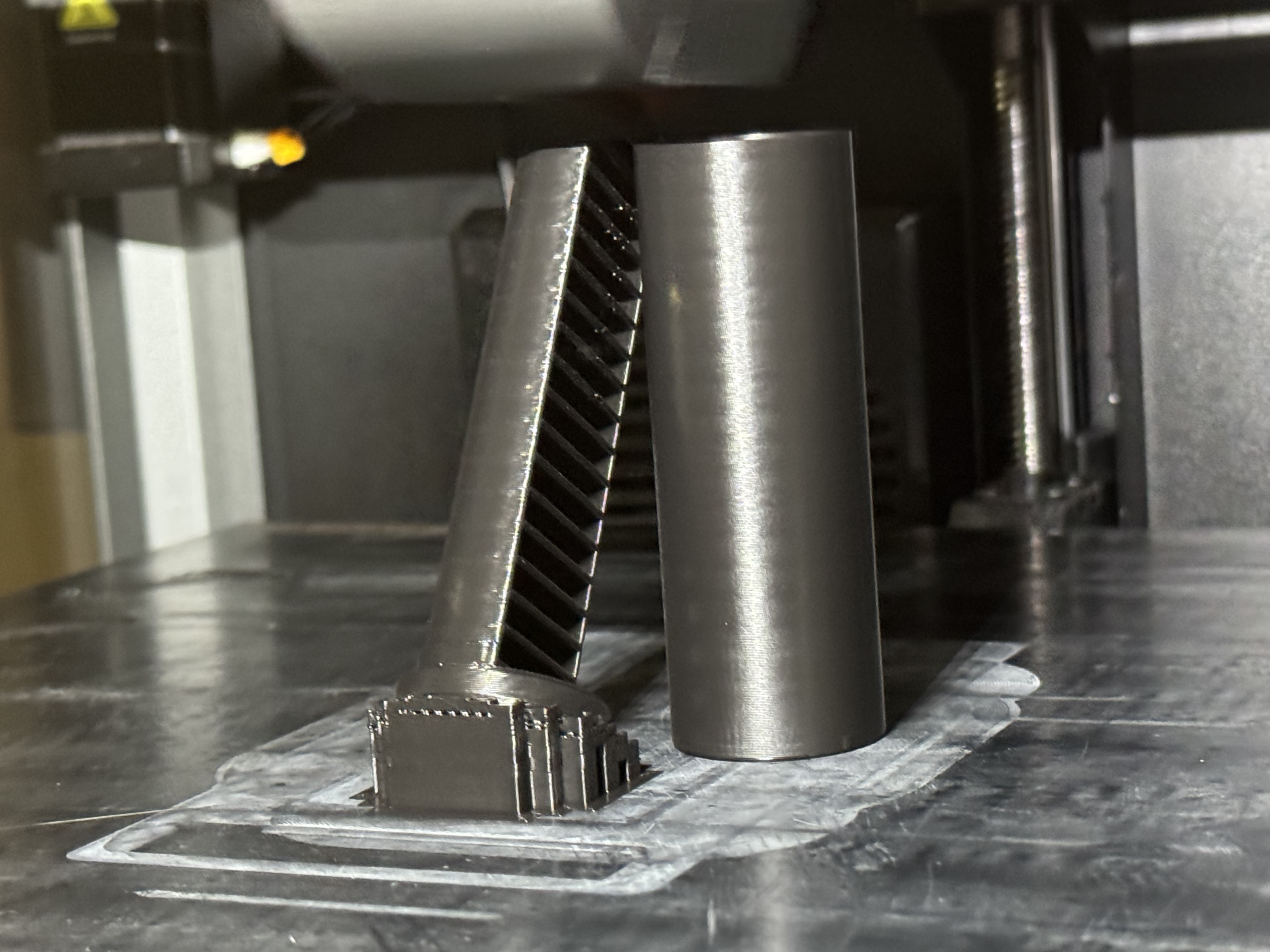3DPrinting
3DPrinting is a place where makers of all skill levels and walks of life can learn about and discuss 3D printing and development of 3D printed parts and devices.
The r/functionalprint community is now located at: or !functionalprint@fedia.io
There are CAD communities available at: !cad@lemmy.world or !freecad@lemmy.ml
Rules
-
No bigotry - including racism, sexism, ableism, homophobia, transphobia, or xenophobia. Code of Conduct.
-
Be respectful, especially when disagreeing. Everyone should feel welcome here.
-
No porn (NSFW prints are acceptable but must be marked NSFW)
-
No Ads / Spamming / Guerrilla Marketing
-
Do not create links to reddit
-
If you see an issue please flag it
-
No guns
-
No injury gore posts
If you need an easy way to host pictures, https://catbox.moe/ may be an option. Be ethical about what you post and donate if you are able or use this a lot. It is just an individual hosting content, not a company. The image embedding syntax for Lemmy is 
Moderation policy: Light, mostly invisible
view the rest of the comments

Less overhangs?
That's one, but if you are priting a particularly delicate part, printing at an angle could strengthen the part significantly
How? What mechanisms, conditions, etc, are we manipulating which produce such a significant effect? After a bit of searching I found this write up:
https://thor3d.ca/wp/the-effects-of-print-orientation-on-strength/
Is this what we're referring to? To summarize (if I've understood this properly): Printing at 45 degrees ensures none of the print's three axes are aligned with the printer's least accurate axis of movement.
Similar, but I believe the strength addition is also because it changes the directions of the Z-axis layers.
Most filament is rather strong in tension. If you imagine printing a regular cube, without rotation, it’s going to be strongest stretching or compressing the sides of the cube.
But if you pulled the cube apart from its top and bottom, the only adhesive strength is the fused connection between layer heights. Which is super weak.
By printing at an angle, the layer heights may be in a direction that doesn’t receive tensile load, making it functionally stronger.